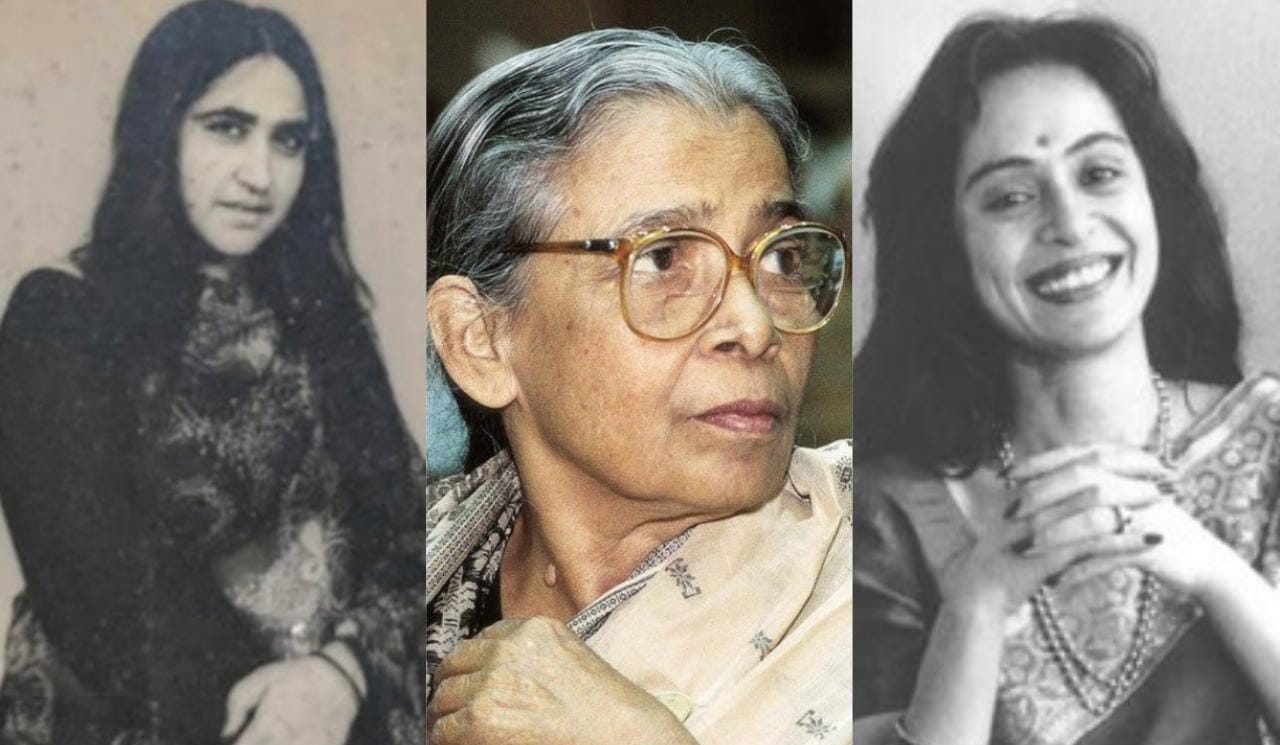Zee Theatre’s Womanly Voices’ director Lillete Dubey revisits some of the most memorable stories!
In Zee Theatre’s ‘#WomanlyVoices,’ director #LilleteDubey has incorporated seminal works of Mahasweta Devi, Wajida Tabassum and Gita Mehta. Indian literature has a long history of powerful feminist voices like #SavitribaiPhule, #AmritaPritam, #IsmatChughtai, #KrishnaSobti, #KamalaDas and many more. In Zee Theatre’s play anthology ‘Womanly Voices,’ director Lillete Dubey revisits some of the most memorable stories written from a female perspective. In the teleplay, audiences are treated to Mahasweta Devi’s ‘#Shishu’, Wajida Tabassum’s ‘#Uttran’, and Gita Mehta’s ‘TheTeachersStory’. The stories, though set in different milieus and epochs, connect us deeply with universal themes that continue to be relevant till date. Starring Joy Sengupta, Suchitra Pillai, Pranav Sachdev, Ira Dubey, Deepika Amin, and Adit Bhilare, the teleplay can be watched on Airtel and Dish Tv.
Here is an overview of the three offerings:
Mahasweta Devi’s ‘Shishu’ : Jnanpith and Padma Shri awardee Mahasweta Devi was the voice of invisiblised tribals and the marginalised. She fearlessly wrote about discrimination and inequity and her works were steeped in social realism. In her short story, ‘Shishu,’ she laid bare the horror of starvation in a village where malnourished people have been reduced to pygmies and have seen rice only in their dreams. Deep-seated ignorance, privilege and apathy that create situations like this are critiqued by the writer with unsparing honesty. This story continues to remind us of our inability to look beyond urban preoccupations at fellow humans who have to subsist on bare minimum resources while we consume more than we need.
Wajida Tabassum’s ‘Utran’ : Like Manto, Wajida Tabassum cared nothing about decorum when it came to exposing the repression, hypocrisy and human frailties she saw around her. As one of the leading lights of feminist Urdu literature, Wajida, along with Ismat Chughtai, came to be known for her forthright writing style. One literary critic even referred to her as sahib-e-asloob (A writer with a distinct voice). The element of erotica in her stories invited a lot of controversies and her choice of themes created a furor many a time. In 1975, she wrote the Urdu story ‘Utran’ which spoke about how a subservient woman who has always received castoff clothing wrests her autonomy and power back with an unthinkable action.
Gita Mehta’s ‘The Teacher’s Story’.: Writer, documentary filmmaker, and journalist, Gita Mehta has an incisive perspective on gender and class issues in India and her writing astutely depicts how social constructs shape the personal destinies of individuals. In her book ‘River Sutra’, published in 1993, six different tales are connected through the thread of human emotions and the ebb and flow of the Narmada. ‘The Teacher’s Story’ is about the power of music to transform human lives, and how in a world without human tenderness, even a sacred bond between a teacher and a disciple can be destroyed by hate. The story revolves around a music teacher who finds meaning and purpose in his desolate life by teaching a blind child. However, an inhuman crime ends this beautiful relationship and the story ends with a reminder that in order to call ourselves human, we must first learn to love more and hate less.


